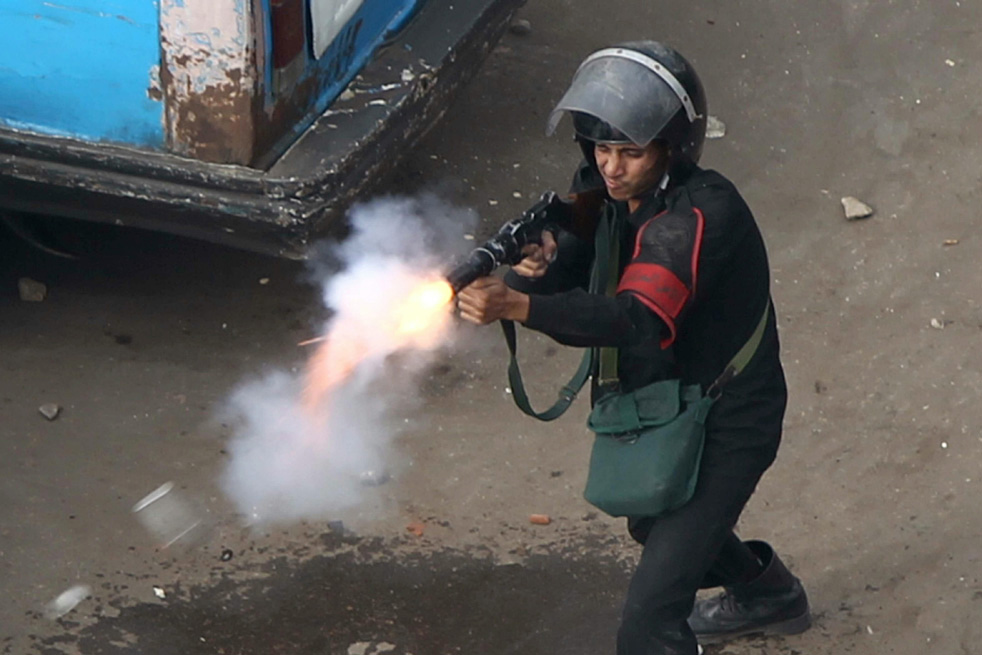The death of Egyptian builder Ali Desouki, 39, in Saudi Arabia on 20 March, due to building materials collapsing on top of him, has sparked considerable debate among Egyptian media outlets.
The builder reportedly lost his life while he was working on a building site in Mecca city, and a dispute has arose between the employer and the worker’s family over their financial rights in the case of death of a family member.
“My brother was a property carpenter who worked for private Saudi real estate corporation ‘Fayez Ben Ahmed’ in Mecca. He lost his life after a wall collapsed on top of him. His sponsor asked me to abdicate my brother financial rights,” brother of the deceased, Hussein Desouki, told Daily News Egypt.
The “kafala” or sponsorship system is used to monitor migrant labourers, a large portion of whom work in construction and in the domestic sector, in Gulf countries such as Saudi Arabia, Kuwait, Bahrain, and Qatar.
Desouki had previously worked in Saudi Arabia five years ago, and returned recently after he was hired by the aforementioned real estate company, Hussein said.
“On 20 March, I received a call from my brother’s employer who informed me of his death. However, the circumstances of his death were not clarified. I thought it was due to natural causes,” Hussein said.
Later, the sponsor’s son also called him and expressed his condolences. Hussein asked the sponsor’s son to bury Desouki in Saudi Arabia, according to his will.
Hussein said the Saudi police kept his brother’s body held in Al-Nour hospital in Mecca, and informed the family that Desouki will be buried when compensation is received from his sponsor.
According to Hussein, the sponsor’s son asked him for official authorisation so that owner of the corporation can bury Desouki in Saudi Arabia, and then, two days later, he asked him to make another authorisation to abdicate all financial rights that are paid to the family following the demise of an employee.
Hussien became suspicious when the sponsor’s son asked him to abdicate the financial rights. He claimed he had found out the truth behind his brother’s death from Desouki’s friends in Saudi Arabia.
“I discovered that the sponsor is trying to deceive me. He wants to get out of paying the legal compensation that Saudi labour laws guarantee,” he said.
Hussein contacted the Egyptian Ministry of Foreign Affairs but received no reply from either the ministry or the Egyptian Embassy in Saudi Arabia. He purported that it was the Saudi Arabian Embassy in Cairo that finally reacted to the issue, stating that the embassy called his sister and informed her that investigations into the conduct of the sponsor would begin.
The Saudi Embassy in Cairo was not available for comment at the time of printing.
Conversely, the spokesperson of Egyptians Union in Saudi Arabia, Adel Hanafi, told Daily News Egypt: “Several Egyptian media outlets have reported that Desouki’s body is being held by the sponsor, but this is false. The body is held inside Al-Nour hospital, with the knowledge of the Saudi authorities, to guarantee that his family will receive compensation from the sponsor.”
He pointed out that family of the dead builder made a mistake when they gave authorisation to the sponsor to bury Desouki. They should have first contacted the Egyptian Embassy in Saudi Arabia, but their desire to bury him in Saudi Arabia was an obstacle.
The Egyptian embassy, in cooperation with Egyptian Union in Saudi Arabia, will work to repatriate Desouki’s body to be buried in Egypt at the state’s expense. This alliance will also sue the sponsor for failing to uphold the financial rights of the deceased builder’s family.



